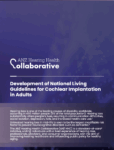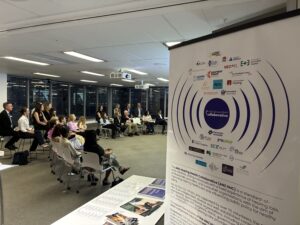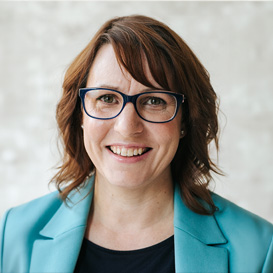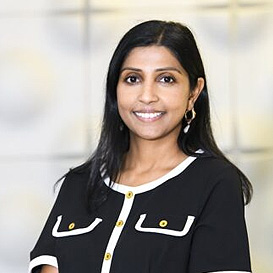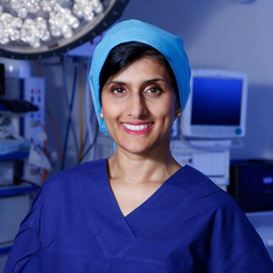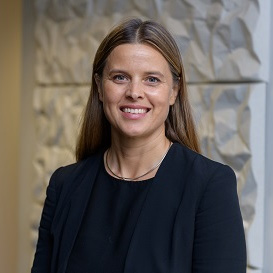Australia and New Zealand requires a stronger commitment to a standard of care for better hearing care through effective and patient-centred Guidelines, Education and Advocacy.
The ANZ hearing community advocated for the establishment of a body to oversee and progress work in this area and in 2021 a ‘coalition of the willing’ known as the ANZ Hearing Health Collaborative (ANZ HHC), formed to take action to address the unmet needs of adults with hearing loss.
The ANZ HHC is a well-established consortium led by four Co-Chairs, and over 70 volunteer members, including those with a lived experience of hearing loss, expertise in audiology, and the broader hearing healthcare community. They maintain a strong association with the American Hearing Health Collaborative as well as a global Task Force, responsible for developing Global Living Guidelines to improve the standard of care for adults with hearing loss.
Membership of the ANZ HHC encompasses a diverse group of stakeholders, including society representatives, speech and language therapists, general practitioners, hearing aid specialists, audiologists, ear, nose and throat, payer/policy, industry, non-government organisations, governmental agencies, academia, organisations implementing hearing care solutions within the community. Importantly, the group also includes representatives who provide real world experience of those with hearing loss.



